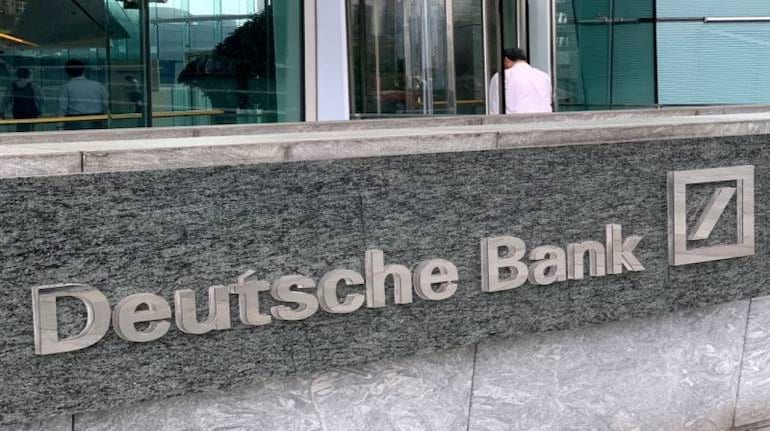



Deutsche Bank, the largest lender in Germany, saw its shares tumble amid growing concerns over the global financial system. The bank's stocks experienced their third consecutive day of losses, dropping by as much as 15 percent before making a slight recovery and ultimately closing down by 8.5 percent.
Credit-default swaps, used to insure against the bank's default, soared to levels not seen since 2020. Investors are growing increasingly concerned about institutions perceived as vulnerable, especially following the takeover of Credit Suisse by its larger and more stable rival, UBS Group.
Despite years of retrenchment and modernisation efforts to make the bank smaller and safer, Deutsche Bank remains globally important and holds a significant footprint on Wall Street trading bonds, derivatives, and currencies. It provides basic services such as lending, managing money, and corporate accounts for multinational companies. As a result, its struggles have implications for the broader financial system.
Deutsche Bank's woes come in the context of investors searching for vulnerable institutions after the collapse of Silicon Valley Bank (SVB) earlier this month. The collapse of the institution, which few had on their radar screens, served as a reminder of how quickly confidence can erode in banks. The failure of Signature Bank followed, and then Credit Suisse was pushed into a deal after over a century and a half of independence. The terms of UBS's takeover of Credit Suisse, which were engineered by Swiss regulators, shook European banking markets, especially a provision to write down $17 billion of Credit Suisse bonds.
Known as additional tier one bonds, or AT1s, these instruments are an essential part of European bank capital. Regulators require banks to raise these funds to protect themselves from losses. This provision has sparked concerns over the potential for contagion throughout the European banking system. The move could make investors hesitant to buy these bonds from other banks, increasing borrowing costs and further destabilising the already fragile banking sector.
Deutsche Bank tried to ease investor concerns over its debt on March 24, by offering to redeem a separate type of subordinated bond, which is due in 2028. The bank promised to buy back the bonds at 100 percent of the principal, plus accrued interest, demonstrating that the bank has the financial resources to spare. The price of these bonds jumped after the redemption offer. While this helped individual bondholders, it did little to assuage broader concerns about the health of Deutsche Bank and the European banking system.
Deutsche Bank's recent struggles have prompted investors to dive into government bonds for safety, lowering yields and further suppressing the ability for banks to profit. The concern over the bank has also prompted fears of contagion throughout the global financial system. Shares of other European banks, such as crosstown rival Commerzbank AG, Barclays, and BNP Paribas, also fell on March 24, although much lesser in comparison with Deutsche Bank.
In conclusion, Deutsche Bank's recent stock tumbles come amid growing concerns over the health of the global financial system, with investors becoming increasingly wary of institutions perceived as vulnerable in a rapidly escalating interest rates scenario. While the bank has made efforts to modernise and reorganise its business model and was profitable last year, its past has included regulatory fines for facilitating money laundering and weak internal controls.
As one of Europe's most problematic banks, its struggles have far-reaching implications for the broader financial system, making it a critical issue for investors to monitor in the coming months.
Discover the latest Business News, Sensex, and Nifty updates. Obtain Personal Finance insights, tax queries, and expert opinions on Moneycontrol or download the Moneycontrol App to stay updated!
Find the best of Al News in one place, specially curated for you every weekend.
Stay on top of the latest tech trends and biggest startup news.